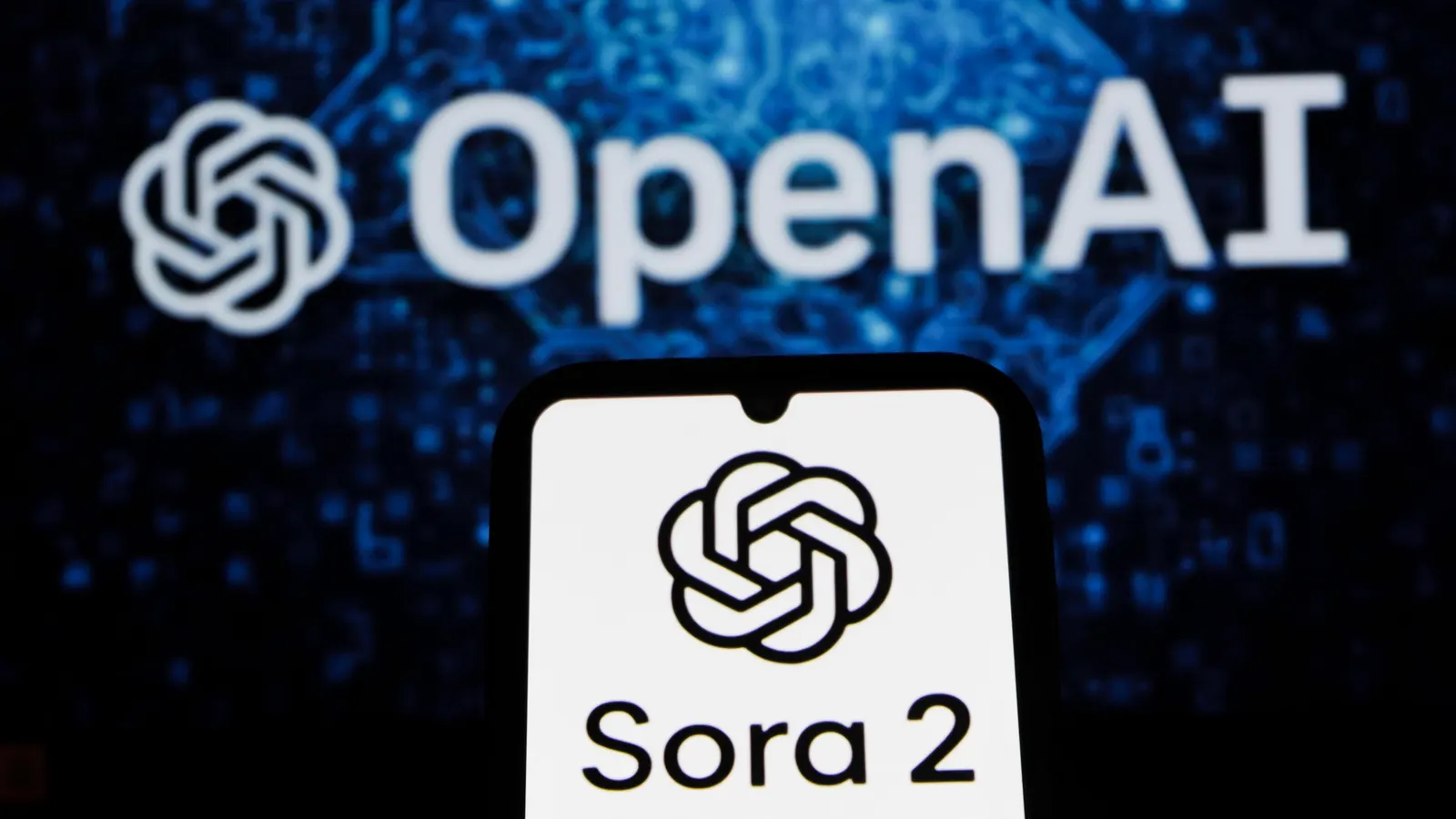By Janice Gassam Asare,Ph.D,Senior Contributor
Copyright forbes

OpenAI recently launched its new platform, Sora, a video generation tool.
SOPA Images/LightRocket via Getty Images
OpenAI recently launched its new platform, Sora, a video generation tool that allows users to create “physically accurate, realistic, and more controllable” videos than what was available previously. The platform has taken the world by storm, and users have been taking advantage, creating what Futurism classified as a “tasteless deluge of AI slop.” Across the internet videos of deceased public figures like 2Pac, Martin Luther King Jr., Robin Williams, Stephen Hawking, Elvis Presley, Kobe Bryant and others, doing random things, have been popping up. What has shocked many is how realistic the user-created videos are. Though videos generated on Sora contain a watermark, there are already tools available to remove these watermarks.
Sora should worry the public for a multitude of reasons. It will now become much easier to develop deepfakes of anyone saying anything. It’s much more difficult for the public, even those who are media-literate, to discern what is real and what is fake. For those who aren’t tech-savvy, getting fooled by individuals with nefarious intentions will become a persistent problem.
In addition to the ethical concerns that have arisen with the creation of Sora, there are several industries that could be upended by it. Filmmakers are at the top of the list. Sora can develop short high-quality videos. It’s only a matter of time before the floodgates open and anyone can create high-quality long-form AI-generated films. It’s not outside the realm of possibility to imagine the entire film industry one day becoming obsolete. The music industry may also be vulnerable with Sora having the ability to create a high-quality music video with an AI-generated artist.
For those who aren’t tech-savvy, getting fooled by individuals with nefarious intentions will become a persistent problem.
The digital marketing and advertising industry are also industry at risk, with Sora being able to develop clever, catchy and unique commercials that could rival the most compelling human-generated ads. Corporate trainers should also be weary; Sora can be used to generate corporate training videos at a fraction of the cost. Content creators should also be worried; Sora can be used to develop engaging vlogs that steal from, and mimic aspects of popular content creators and these videos may generate more views and engagement than those from actual content creators.
MORE FOR YOU
Across industries contingent workers, which are classified as workers hired temporarily, under contract, on an as-needed basis or to perform a project, have fewer protections. A 2015 U.S. Government Accountability Office report indicated that contingent workers experienced greater job instability than their counterparts. A 2025 study from Staffing Industry Analysts revealed that 14% of large staffing buyers replaced their temporary workers with automation. Sora could bring about vast changes in different industries and contingent workers may be one of the most at-risk and vulnerable populations that will be impacted by its adoption. 2024 data from the Bureau of Labor Statistics indicated that men and women held contingent roles at approximately the same rates but there were racial differences in contingent workers rates, with Asian and Hispanic/Latino workers being more likely to be contingent workers than white and Black workers.
Contingent workers, which are classified as workers hired temporarily, under contract, on an as-needed basis or to perform a project, have fewer protections.
Before jumping to adopt Sora, there should be a thorough understanding of how the tool in its current iteration can replicate and amplify bias. There is a vast amount of evidence that suggests that AI reproduces the biases already present in society. If, for example, a workplace is leaning on a tool like Sora to create company training videos, AI may integrate Eurocentric and Western standards of professionalism that reflect dominant cultural norms into a video, sending a subtle message that anything outside of that is not acceptable. When a user is creating a video, Sora must rely on the vast datasets it was trained on, which is some combination of videos and content already available online. This content often reflects the biases deeply entrenched within society and may just regurgitate these biases in video form.
We must be more mindful when prompting AI tools like Sora and should be utilizing more purposeful prompts to overcome and counteract potential bias. It’s important to continue to discuss not only the possibilities of technology like Sora, but also its limitations and we must push for policies and legislation to regulate improper and unethical usage. AI and media literacy education is imperative. Companies should also be transparent when it comes to the creation and usage of AI-generated content.
With the excitement and anticipation that arrived with the creation of Sora, there must be an equal amount of time spent reflecting on the ethical considerations of this new technology. Users should be aware of the pitfalls to AI-generated video tools like Sora and how, in many cases, the good can be outweighed by the darker sides. Creating a future that mitigates bias rather than magnifying it requires us to be aware, deliberate and intentional when using AI-generated tools like Sora.
Editorial StandardsReprints & Permissions